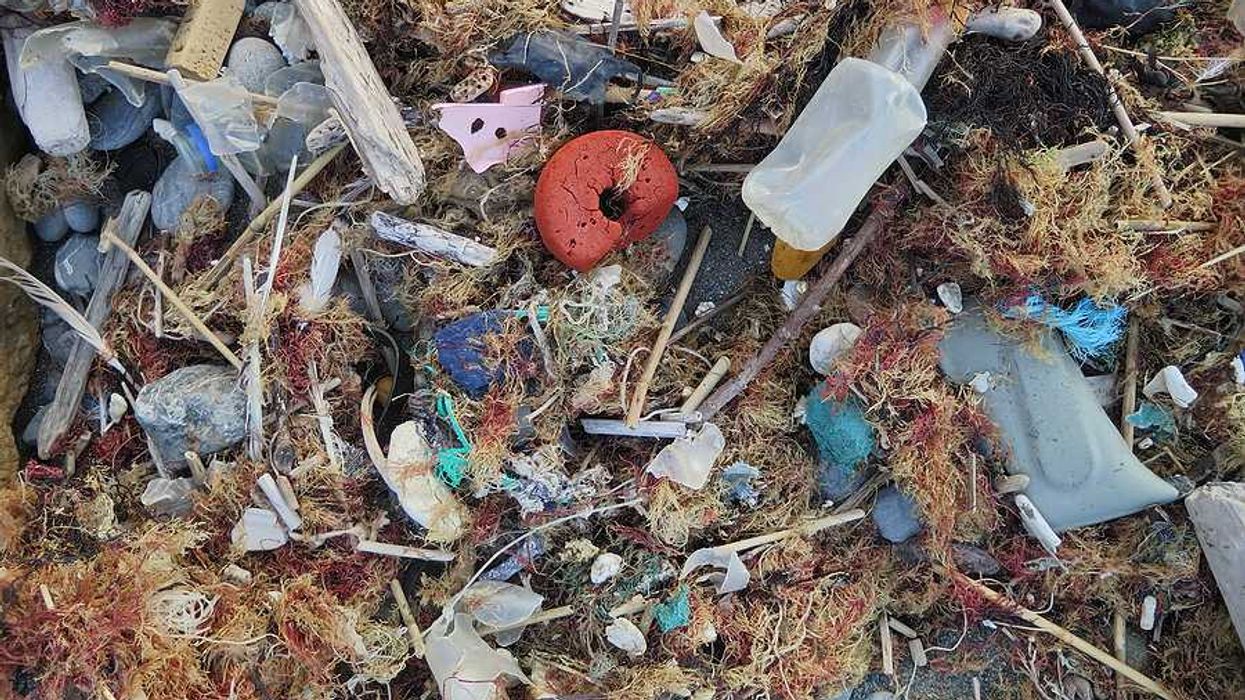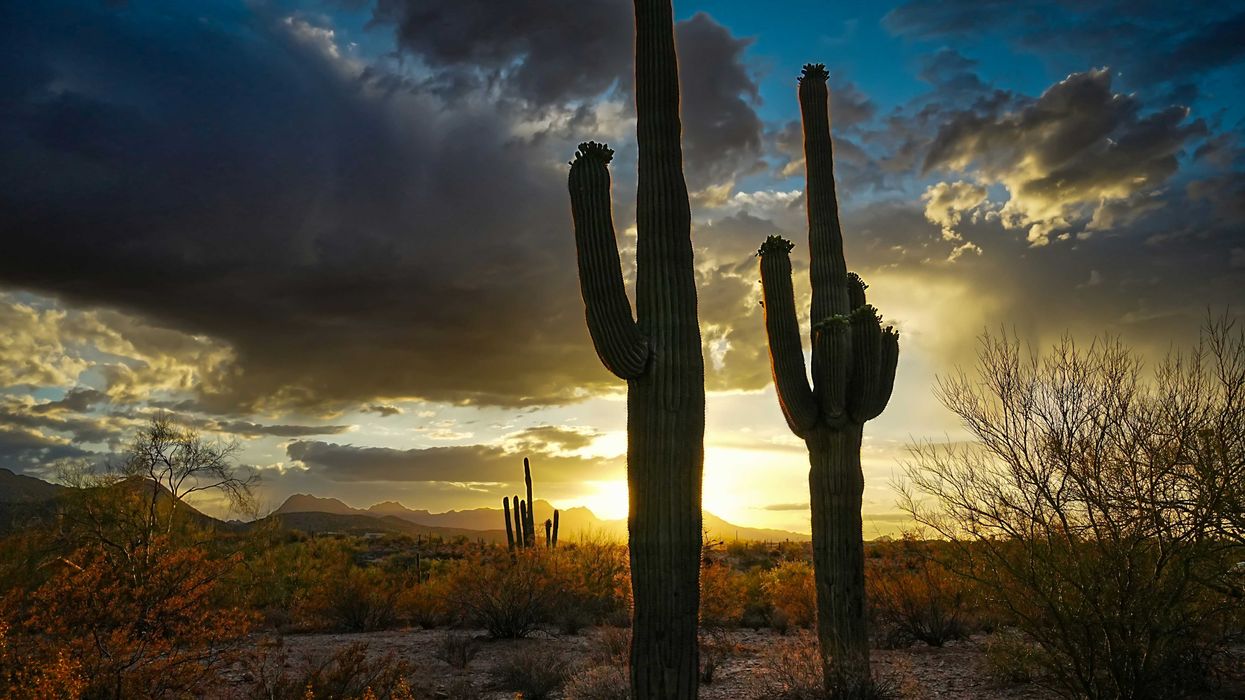Tom Brown and Christina Last write for The Telegraph about Nigeria’s oil-rich south, where companies are burning off so much excess gas it's enough to power the whole of sub-Saharan Africa.
In a nutshell:
In Nigeria's oil-rich city of Port Harcourt, gas flares belch toxic pollutants into the air, enveloping the area in a suffocating and hazardous environment. Over 230,000 people reside within two kilometers of these flares, enduring exposure to the resulting black fumes and toxins. Gas flaring, a practice employed by companies to burn off natural gas during oil drilling, not only wastes a valuable resource but also contributes to environmental devastation and health crises. The prevalence of birth defects in Port Harcourt is alarmingly high, and air pollution levels exceed recommended safety limits, causing respiratory problems and long-term health issues.
Key quote:
“Flaring activity should be put behind us, but up to this date, nobody has been able to do that,” says King Johnson Ologho Erieyowe, a community leader who lives on the outskirts of a mangrove forest in the Delta. “It is a long battle.”
Big picture:
Gas flaring poses a significant threat to public health. In addition to causing respiratory and other health issues locally, the flares release massive amounts of methane and CO2 into the atmosphere, contributing to climate change and exacerbating the global warming crisis. The resulting environmental havoc affects not only local communities but also has far-reaching consequences for people worldwide.
Read more at The Telegraph.














